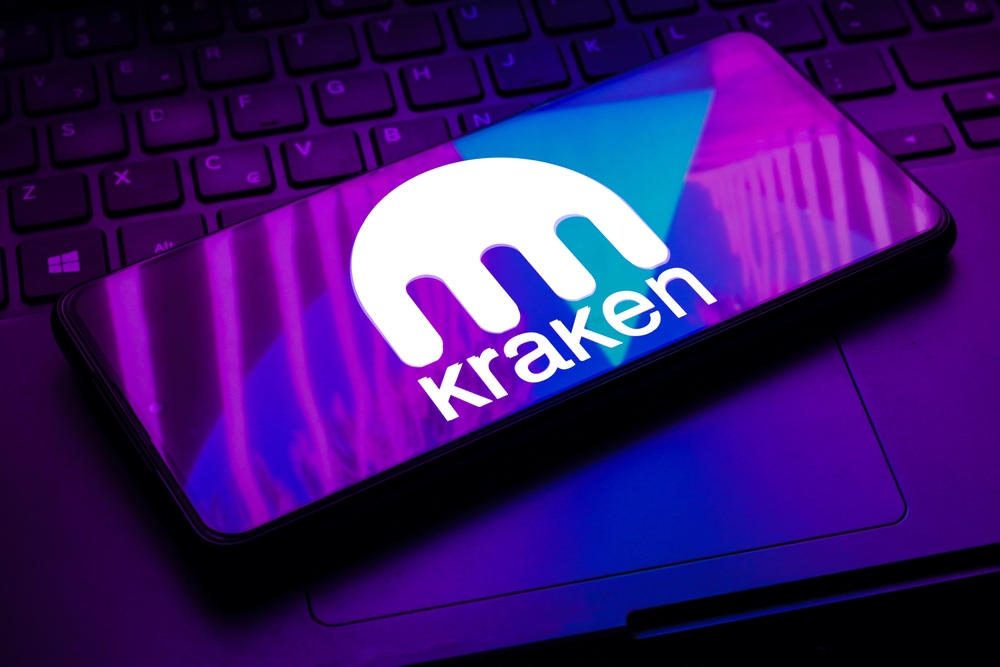Crypto exchange Kraken began its journey in 2011 and was unveiled two years later in San Francisco. It was developed by Thanh Luu, Jessee Powell, and Michael Gronager. It arose from Powell’s observations of Mt.Gox’s susceptibilities and his dream to develop a more reliable and secure crypto exchange.
After its infamous security breach and fall, Powell’s unease concerning Mt.Gox would be proved right. Kraken was selected to aid in the probe and recovery of lost funds, further bolstering its integrity.
In 2015, Kraken entered the Japanese and, afterward, European markets. In 2016, the exchange acquired Coinsetter and Cavirtex, two U.S. exchanges. Additionally, it acquired CleverCoin, a Dutch crypto exchange, creating a presence in Europe.
Funding and ICO Plans
In 2017, Kraken held a successful Series B funding round that generated $100M, which was utilized to enhance client and infrastructure support. It acquired Crypto Facilities a platform granted approval for futures trading allowing it expand to crypto indices and futures.
Kraken was the UK’s first crypto exchange to gain a Special Purpose Depository Institution from Wyoming, permitting it to provide comprehensive banking services. It also unveiled Kraken Bank to close the gap between traditional banking and cryptocurrencies.
Record trading volumes in 2021 and the unveiling of mobile trading applications for Android and iOS promoted trading on the go. Kraken acquired regulatory consent to operate in new markets, including Australia and other European nations, ensuring continued global expansion.
Kraken would in 2022 unveil initial public offering (IPO) plans. Additionally, the platform expanded its scope to NFT trading and decentralized finance offerings.
Powell abdicated his role as the firm’s chief, and David Ripley, the former COO, replaced him. Nevertheless, he still plays a role in the firm, serving as the board of directors’ chairman and is also the largest shareholder.
Services Offered by Kraken
The crypto exchange provides numerous services catering to personal and institutional traders. Examples include margin trading with leverage, spot trading, and futures trading for several cryptocurrencies.
Kraken supports over-the-counter trading for larger-volume transactions. It also offers staking services, permitting users to acquire awards on their crypto holdings.
Kraken has unveiled new services like DeFi offerings and NFT trading, consistently boosting its portfolio to meet the crypto market’s changing needs.
What is Needed for a Kraken Account
For one to open a bank, they must complete a registration process, including a know-your-customer (KYC) process that entails providing a government-provided ID and proof of residence based on location. Kraken uses a tiered authentication system, where higher tiers provide increased limits and access to additional features but need more comprehensive identity authentication.
Two-factor authentication (2FA) should be set up to boost account security.
Fees Charged by Kraken
Kraken deploys a maker-taker fee structure. The approach has fee variance relative to the user identity, whether offering or removing liquidity. In addition, fees are charges guided by a tier system that declines as trading volume scales.
The taker fees within spot trading have a 0.10% to 0.4% range. In contrast, maker fees have lower range 0.00% and 0.25%. Margin trading experiences extra fees based on the loan duration and borrowed amount.
Kraken charges withdrawal fees that differ by cryptocurrency. However, deposits are normally free, except for specific fiat transactions capable of attracting small charge.
Kraken’s Regulatory/ Legal Wars
Kraken has come across several legal and regulatory problems throughout its history. For example, issues regarding its compliance strategies and trading practices have forced regulators to investigate it.
A few years ago, Kraken received a heavy fine for providing illicit margined retail commodity trading. In November last year, the SEC sued Payward and Payward Ventures, Kraken’s parent firms, for purportedly running an unregistered online securities trading platform.
The SEC also claimed Kraken was ‘merging investors’ assets with its own. The crypto exchange has been seeking to have the case dismissed.
Editorial credit: rafapress / Shutterstock.com
